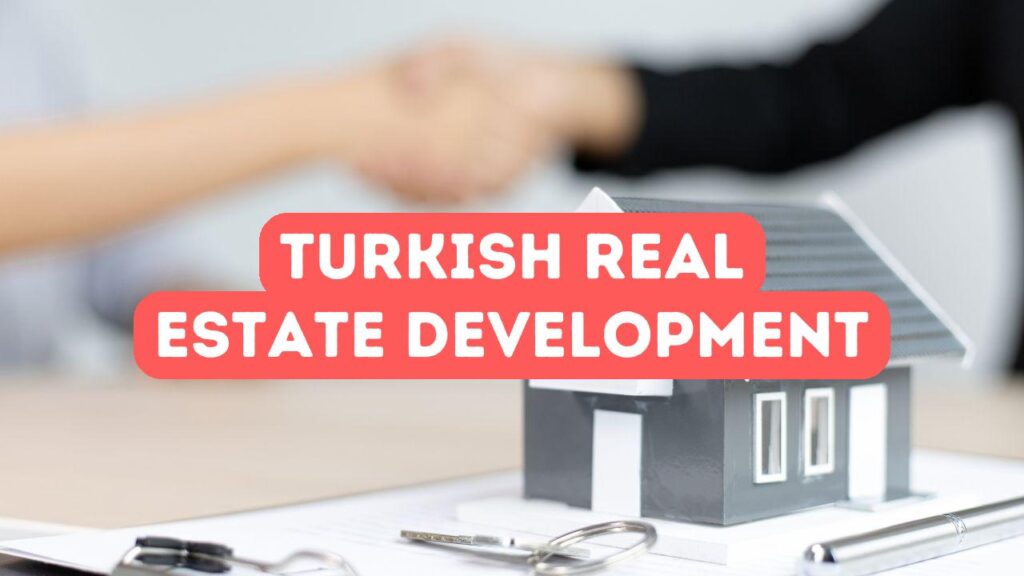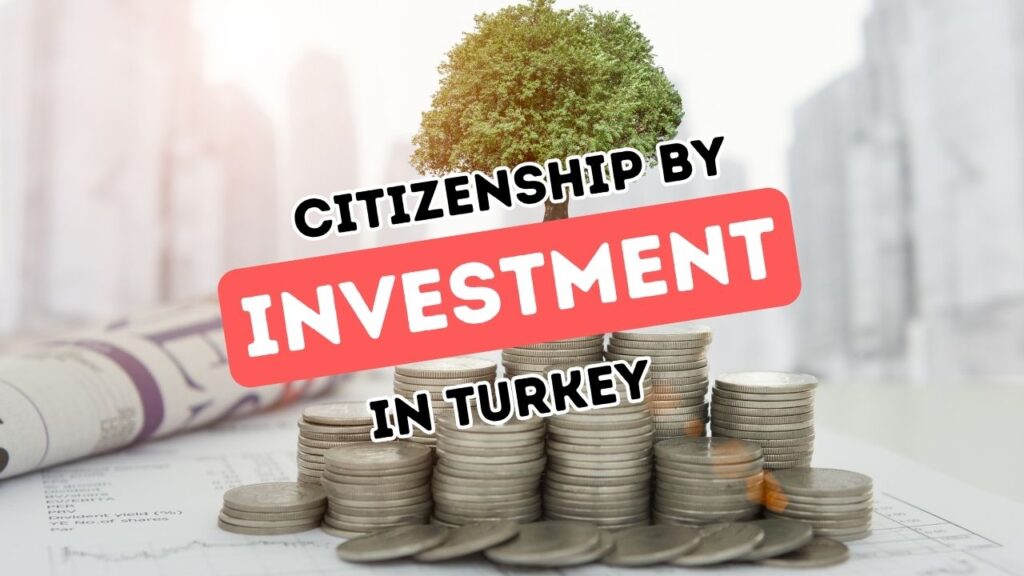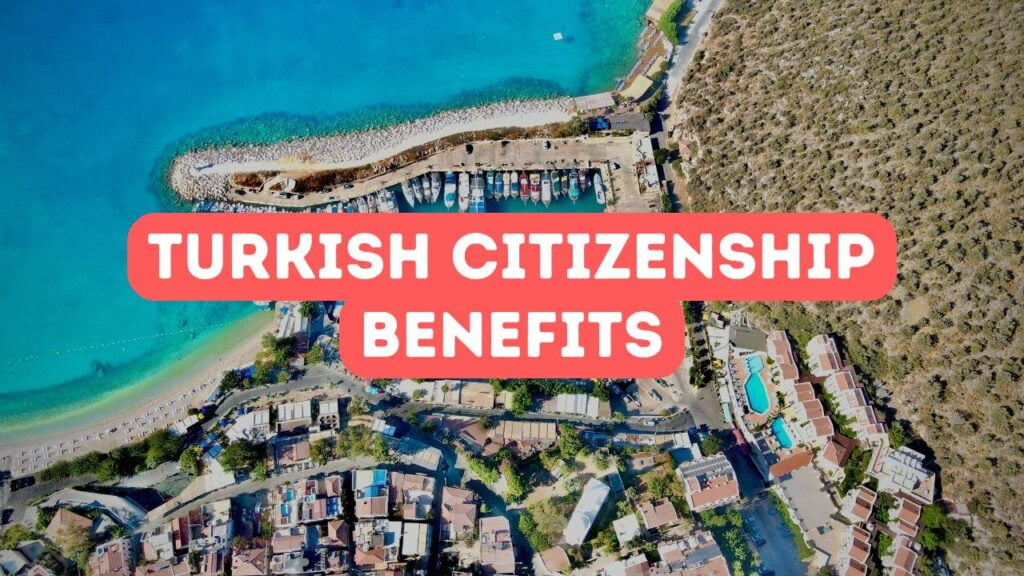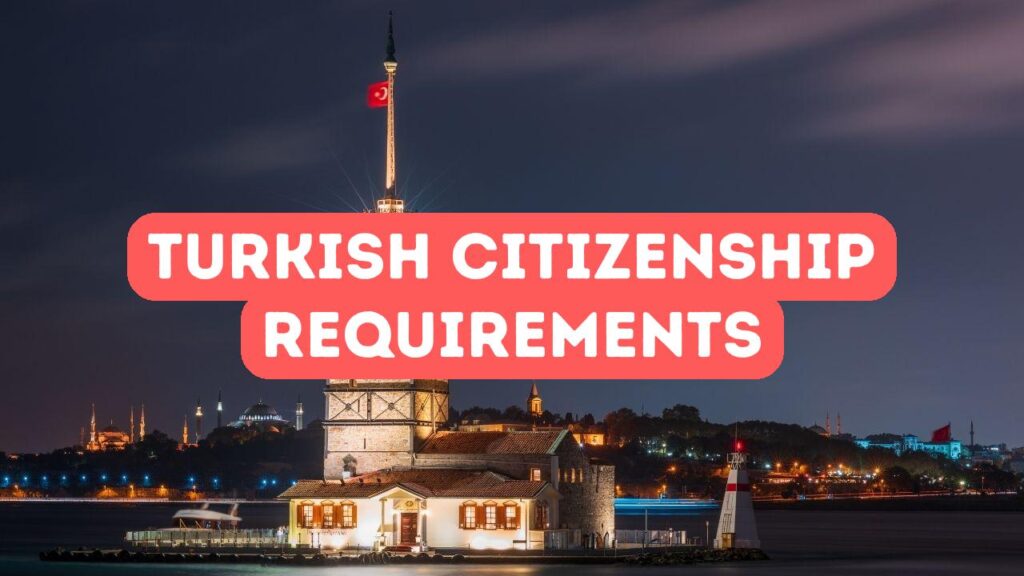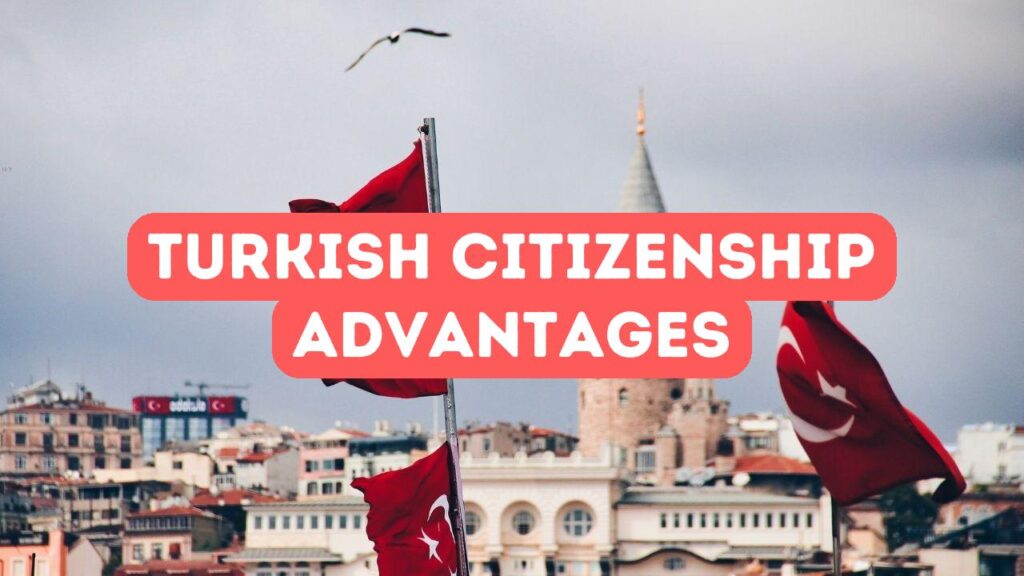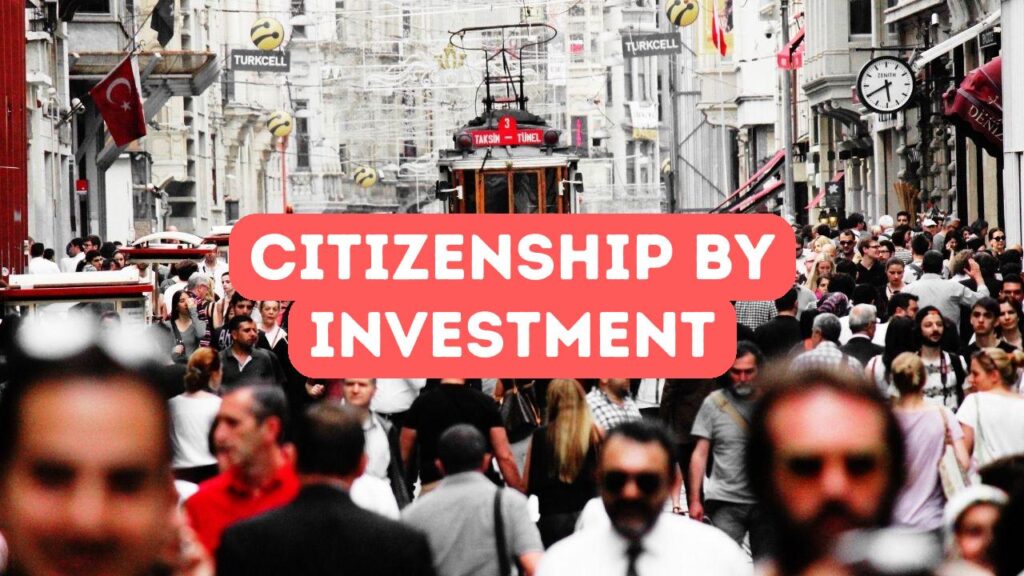Navigating the dynamic landscape of Turkish real estate development presents a wealth of opportunities and complexities for both local and international investors. At Gordion Partners, we understand the myriad considerations involved in making informed decisions in this evolving market. Whether you’re seeking to invest in residential, commercial, or mixed-use properties, our expertise encompasses comprehensive guidance tailored to your specific needs. From understanding the legal framework and regulatory environments to identifying high-potential ventures and managing your investments, our team is equipped to provide unparalleled advisory services. This guide aims to offer an in-depth overview of the Turkish real estate sector, backed by rigorous analysis and insights to help you maximize your investment potential while minimizing risks.
Legal Framework & Regulations
Understanding the legal framework and regulations governing Turkish real estate is crucial for any investor. Turkey offers a robust legal structure designed to protect both buyers and sellers, ensuring transparency and security in property transactions. Foreigners can purchase real estate in Turkey, but must comply with specific rules, such as restrictions on acquiring properties in military zones. Moreover, the process involves thorough due diligence, including title deed checks and legal clearances. Gordion Partners is well-versed in navigating these regulations, providing you with comprehensive insights to facilitate smooth and compliant transactions, thereby safeguarding your investments.
In addition to understanding these fundamental aspects, investing in Turkish real estate also requires familiarity with the country’s tax regime and relevant documentation. The Turkish government imposes various taxes on property transactions, including Value Added Tax (VAT), stamp duty, and annual property taxes, which all need to be factored into your investment plans. Furthermore, acquiring the necessary permits and registrations, such as the Title Deed (Tapu) and habitation certificate (Iskan), is essential to ensure the legality of your property. Our team at Gordion Partners is adept at navigating these tax obligations and procedural requirements, streamlining the process to ensure compliance and mitigate any potential fiscal liabilities, thereby enhancing the security of your investment.
An additional layer of complexity in the Turkish real estate market is the evolving regulatory landscape, which can influence investment strategies and outcomes. Changes in laws, such as amendments to property acquisition regulations or shifts in tax policies, can have significant impacts on investor plans. Staying abreast of these updates is vital to maintain compliance and capitalize on emerging opportunities. Gordion Partners continuously monitors legislative developments to provide timely and accurate information, ensuring that our clients can adapt swiftly to any regulatory changes. With our proactive approach, we help you not only stay compliant but also leverage new regulations to potentially enhance your investment returns.
Investment Potential and Market Trends
Turkey’s real estate market has shown remarkable resilience and growth, making it a lucrative destination for investors. Key cities like Istanbul, Ankara, and Izmir continue to attract substantial interest due to their robust infrastructure, strategic location, and dynamic urban development plans. Additionally, coastal regions such as Antalya and Bodrum offer attractive investment opportunities in luxury real estate and tourism projects. The Turkish government’s investor-friendly policies, such as citizenship through real estate investment and favorable tax incentives, further boost the market’s appeal. By understanding current market trends and identifying high-growth areas, investors can capitalize on the diverse opportunities that Turkish real estate presents.
As the Turkish real estate market continues to evolve, emerging trends such as urban regeneration projects and smart city initiatives are reshaping the landscape. Cities are prioritizing sustainable development, incorporating green building practices and renewable energy solutions that not only enhance the quality of life but also offer long-term value to investors. The rise of mixed-use developments, which combine residential, commercial, and recreational spaces within integrated communities, is another trend gaining traction among developers and investors alike. Furthermore, advancements in technology, including property tech (proptech) innovations and digital platforms, are streamlining property transactions and improving market transparency. Staying ahead of these trends allows investors to position themselves advantageously in the rapidly changing market.
Navigating the Turkish real estate market requires a strategic approach to mitigate risks and ensure successful investment outcomes. At Gordion Partners, we emphasize the importance of due diligence, thorough market analysis, and an understanding of socio-economic factors influencing property values. Collaboration with local experts and stakeholders can provide invaluable insights, helping investors to forecast market shifts and make timely decisions. Leveraging our comprehensive advisory services, investors can gain access to exclusive opportunities, personalized investment strategies, and ongoing support throughout their investment journey. By staying informed and adaptable, investors can harness the full potential of Turkey’s burgeoning real estate market, securing profitable and sustainable returns.
Key Locations for High Returns
Turkey’s diverse and rapidly expanding real estate market offers numerous prime locations for high returns on investment. Istanbul remains a top choice due to its strategic position as a bridge between Europe and Asia, coupled with its thriving economy and cultural dynamism. The city’s diverse districts, from the bustling business hubs of Levent and Maslak to the historic yet revitalizing neighborhoods of Beyoglu and Karaköy, present a range of lucrative opportunities. Additionally, coastal areas like Bodrum, Antalya, and Izmir attract foreign investors seeking luxury waterfront properties, driven by the regions’ picturesque landscapes and booming tourism industry. These key locations promise significant appreciation potential and steady rental yields, making them indispensable in any investment strategy aimed at optimizing returns in the Turkish real estate market.
Anatolian cities like Ankara, Bursa, and Konya are also becoming increasingly attractive for real estate investments. Ankara, Turkey’s capital, offers a robust market for both residential and commercial properties, supported by steady government investments and a growing population. Bursa, known for its rich history and vibrant industrial sector, provides ample opportunities, particularly in residential developments and industrial real estate. Konya, with its burgeoning economy and modern infrastructure projects, is another hotspot for investors looking for emerging markets with higher growth potential. These cities not only diversify your investment portfolio but also offer significant appreciation values compared to more saturated markets, ensuring a balanced and lucrative investment strategy.
Moreover, emerging destinations such as Trabzon, Gaziantep, and Mersin are quickly gaining traction among astute investors. Trabzon, with its pristine Black Sea coastline and increasing tourism appeal, offers unique opportunities for hospitality and residential projects. Gaziantep, a bustling city known for its industrial base and cultural heritage, presents robust prospects in commercial real estate, particularly in logistics and manufacturing sectors. Mersin, with its strategic port and growing trade activities, stands out for its potential in both commercial and residential investments. By tapping into these up-and-coming locations, investors can capitalize on the ongoing development and infrastructure advancements, positioning themselves for significant long-term gains in Turkey’s dynamic real estate market.
